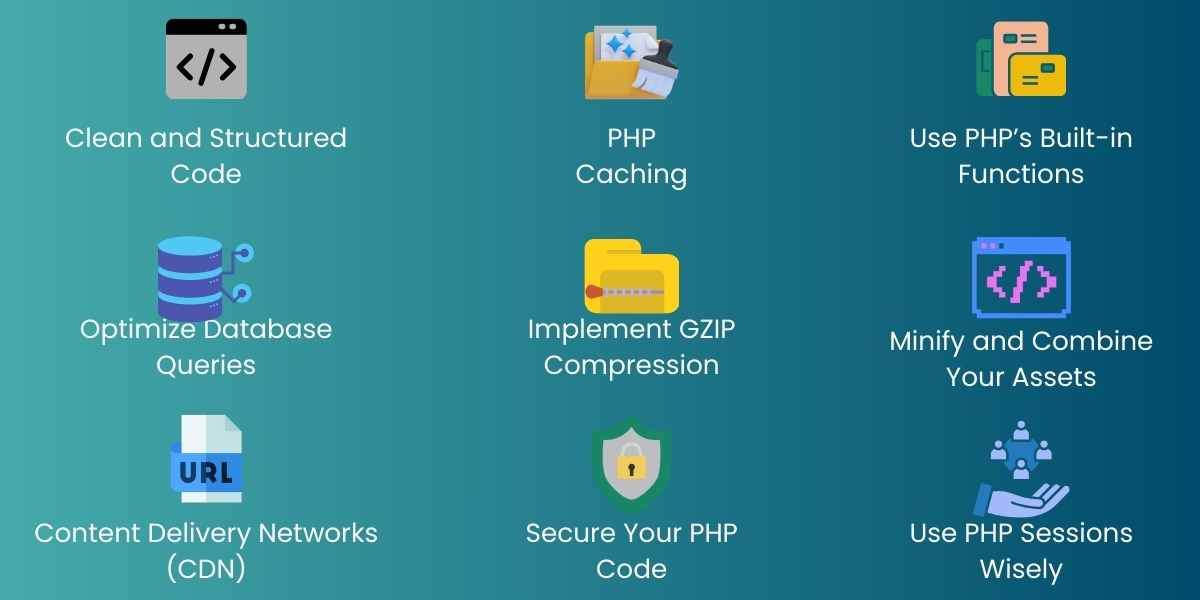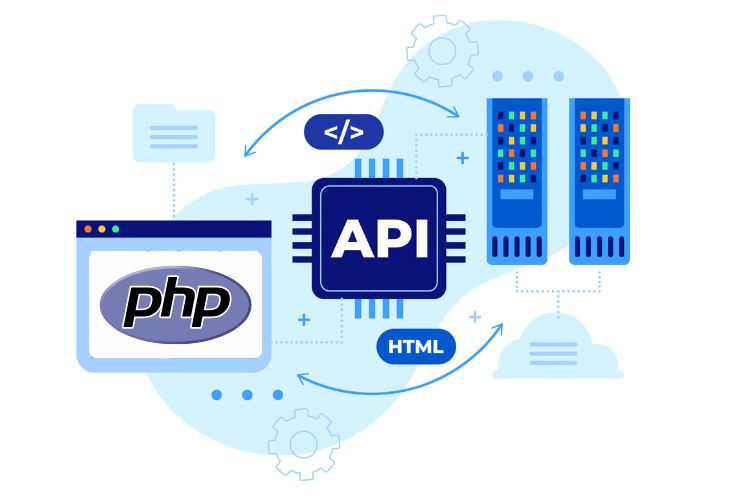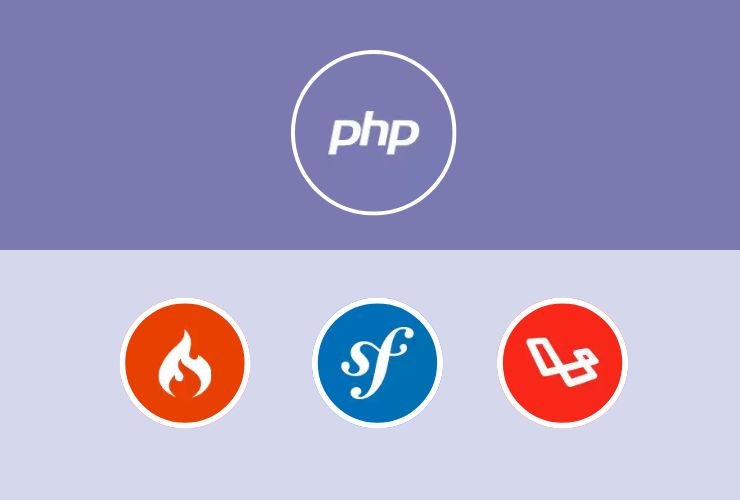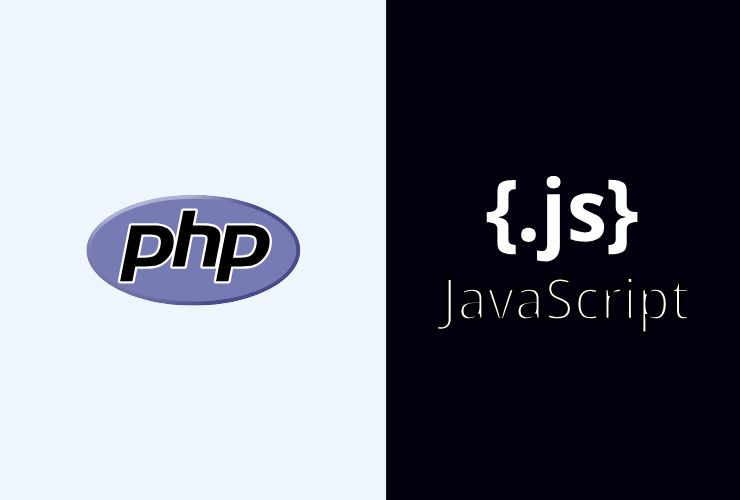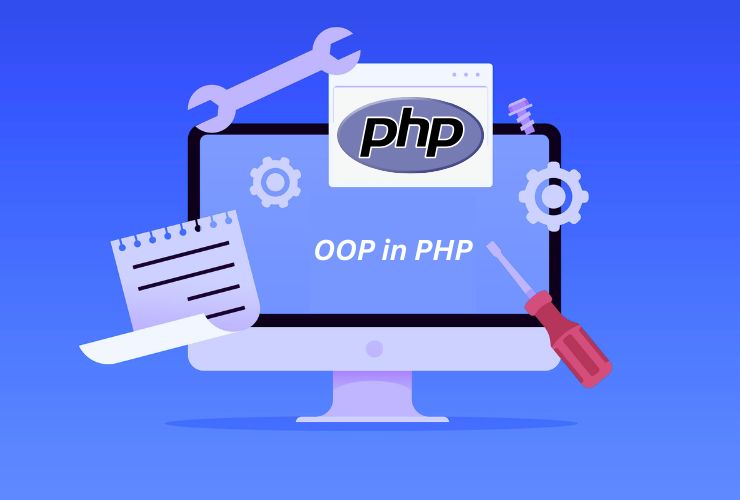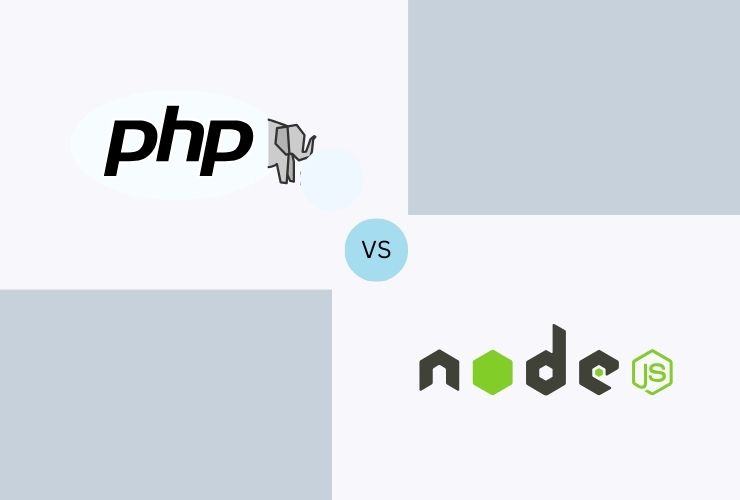Whether it is speed or reliability, PHP remains the favorite of many developers. However, high-performance PHP websites are not something you do well without attention to code quality and ability to function efficiently in real time. Therefore, we make the best out of PHP by telling you how to optimize performance and get the most out of your website.
1. Clean and Structured Code
This is the most basic PHP best practice and relates to writing maintainable code. Always use good naming conventions; never have overly nested code and comment where applicable. Clean code is easier to debug, change, and expand. Keeping an organized structure as provided by common PHP frameworks, such as Laravel, Symfony, or CodeIgniter, should keep your overall code in an ordered structure.
The simplicity and clarity make it easy to understand by both you and the other developers as they help to improve it.
2. PHP Caching
- Improving Web Site Performance Cache Improving Page Load Time
- Server-side: Client-side
- Opcode Cache This is implemented at the PHP server side, available in PHP 7, whereby the Opcode cache can cache a precompiled bytecode of a script in memory for the next access. Therefore, the server is not compelled to compile the bytecode on every access.
You can also utilize external caching systems like Memcached or Redis. These store data in memory if it is accessed frequently. This further accelerates the loading time.
3. Use PHP’s Built-in Functions
Always check if PHP has a native function for what you want to do before creating your own custom functions. Native functions in PHP are usually faster and more efficient than custom-written ones. Instead of manually looping through an array, use array_filter(), array_map(), or array_reduce().
Built-in functions will increase development time and probably better performances.
4. Optimize Database Queries
Queries made to the databases are one of the most frequently occurring bottlenecks in any website. In all cases, optimize your database queries by using indexes on vital columns, use SELECT * wisely, and only join when required. Use prepared statements to evade SQL injection and batch multiple queries when possible, thereby reducing unnecessary database hits.
If your application is dealing with large amounts of data, then it is advisable to implement a database query optimization tool or an ORM tool like Eloquent or Doctrine.
5. Implement GZIP Compression
Enable GZIP compression on your server; it reduces your HTML, CSS, and JavaScript file sizes drastically and makes the loading of pages quicker. Using PHP, it’s easy to turn on GZIP compression; just use ob_start(‘ob_gzhandler’), which compresses the content of the page before sending it to the client’s browser.
This is actually a pretty easy small tweak which does a lot in terms of upping the speed of the website especially more so if one has very slow internet access.
6. Minify and Combine Your Assets
Reduce HTTP requests by grouping multiple CSS and JavaScript files together. Now minifying the same reduces the size of these files by removing whitespace, comments, and unnecessary characters.
It reduces the load time for your website, thus increasing performance, particularly for resource-intensive websites.
7. Content Delivery Networks (CDN)
A CDN serves your content from different servers around the world so that users can download your resources from a server closest to them. Latency is highly reduced, and it will serve your content much faster.
For the PHP developer, using a CDN for static files like images, CSS, JavaScript is very simple yet will increase page loads around the globe.
8. Secure Your PHP Code
Security is a key performance aspect. Unsecured code can lead to attacks that slow down your site or take it offline completely. Best practices include:
- Sanitize user input to prevent SQL injection
- Use prepared statements and parameterized queries
- Disable error reporting in production environments to avoid exposing sensitive information
- Keep PHP and its dependencies up to date with security patches
By securing your PHP code, you not only protect your website but also prevent potential performance degradation from malicious attacks.
9. Use PHP Sessions Wisely
PHP sessions are a great way to store data across multiple requests. This is particularly useful in a login system or shopping cart. Be careful, though—session management is very slow when lots of data are stored in sessions. Only store what is necessary and clean out unused sessions periodically to avoid clutter.
For even better scalability, use database-backed or file-based session storage, especially if you have a lot of users.
10. Use Autoloading for Classes
Instead of manually including files using require or include, use PHP’s autoloading capabilities, like Composer’s autoloader, to automatically load only the classes you need when you need them. This reduces unnecessary file inclusions and speeds up performance, especially in large applications.
Conclusion
The steps above will definitely help you boost the performance of your websites using PHP development best practices. All these steps ranging from clean code and caching, database optimization, and security make sure that your site runs very efficiently. The high-performance website will not only give a good user experience but also rank high in search results, giving a competitive edge to your business.
Therefore, optimize your PHP code now and get your website’s speed and reliability off the roof.
Boost Your Website Performance: Partner with Empirical Edge to build fast, secure, and scalable PHP websites that drive results.
Frequently Asked Questions
At Empirical Edge, we use PHP to build fast, scalable, and secure websites. Our developers follow best practices like clean code, caching, and optimized database queries to ensure high performance and reliability.
We implement server-side caching, GZIP compression, asset minification, and CDN integration to drastically reduce page load times, providing users with a seamless experience.
We follow coding best practices that improve site speed, structure, and responsiveness—critical factors for Google ranking. Fast and optimized websites attract more visitors and boost conversions.
Yes, Empirical Edge offers full support and maintenance, including performance monitoring, security updates, and code optimization to keep your website running smoothly.





